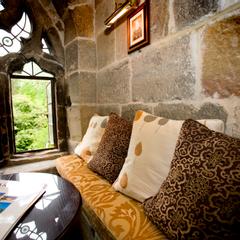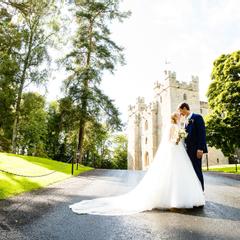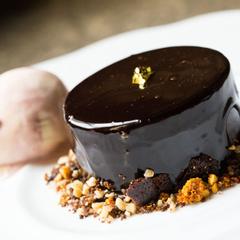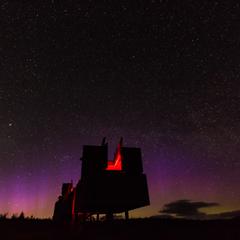Things To Do in Northumberland and Nearby
There are so many places to visit and things to do in and around Northumberland, and Langley Castle is the perfect accommodation from which to enjoy them all.
Some of Hadrian's Wall’s most intriguing local sites lie within a 10-minute drive of Langley Castle, but if you wish to visit the coastal parts of Northumberland that is also a very easy option from the castle, with good access roads and not too much traffic around.
Whatever your leisure preference, there is something in Northumberland for everyone. To assist you with making choices and showing what is on offer, we have put together some helpful links to visitor attractions, activities and many more wonderful places to see.
We have also teamed up with Ancient Britain who offer guided private tours of Hadrian's Wall, Northumbrian Coastal Castles and the Tyne. Please follow the link to find out more.
You can also visit the official sight for Visit Northumberland here: https://www.visitnorthumberland.com/





